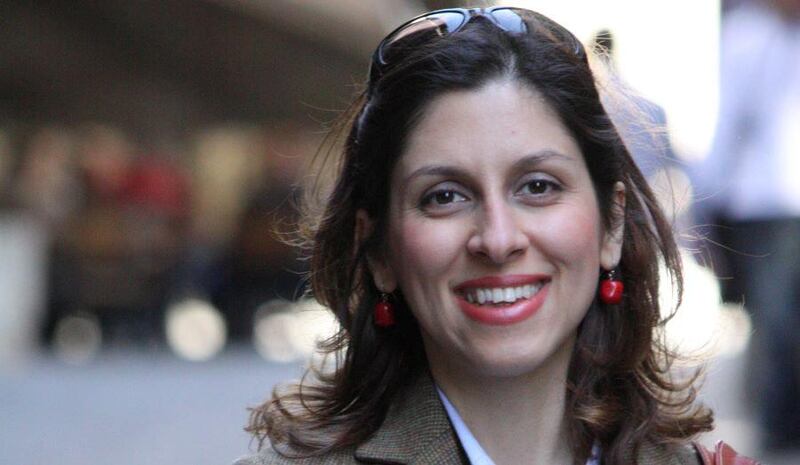When Nazanin Zaghari-Ratcliffe, the British-Iranian charity worker imprisoned in Tehran since 2016, was moved from her cell to a hospital ward this week, her family felt a rare flash of relief. As ever with her tragic case, the relief was short lived. Although in hospital, Ms Zaghari-Ratcliffe is being guarded by Iran’s Revolutionary Guard Corps and denied access to both her father and her consulate.
Held on trumped up charges and losing hope, she recently ended a 15-day hunger strike. So too, did her desperate husband. Their daughter Gabriella, 22 months old at the time of her mother’s arrest, has been trapped in Tehran for three years, unable to see her father.
Iran should release Ms Zaghari-Ratcliffe and reunite her with her family. But the regime would rather use her for political leverage. As she said recently: “Prison is getting harder and harder for me. I hate being played in the middle of a political game.”
Iran has a long history of jailing dual nationals on charges of espionage. It is holding six Iranian-Americans alongside Ms Zaghari-Ratcliffe. Last week, the French-Iranian academic Fariba Adelkhah, who teaches at a prestigious Parisian university, was detained. These arrests speak volumes about the inner workings of the Iranian regime. France has been leading European efforts to defuse tensions and salvage the Iran nuclear deal, following the US withdrawal last year. Ms Adelkhah’s arrest illustrates the power struggle unfolding within the Iranian regime.
Hardliners, deeply paranoid and sceptical of European powers, are determined to sabotage attempts to defuse a crisis from which they stand to gain.
Ms Zaghari-Ratcliffe, like her fellow political prisoners, does not deserve such treatment. Anxious to save the nuclear deal, the British government – whose interventions in her case up to this point have made matters worse – cannot secure her release. Her fate is therefore in Iranian hands – and if the regime had a shred of compassion, she would have been released long ago.





